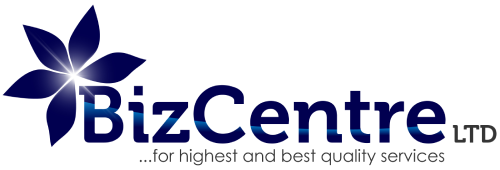When we think of charities, our minds often gravitate towards the causes they champion, the communities they serve, or the transformations they facilitate. Yet, behind every impactful charity lies a less visible, but equally vital force: its governance. The board of directors or trustees serves as the compass, ensuring that the organisation not only stays true to its mission but also operates with utmost integrity. Let’s explore this cornerstone of charity operations.
Why Governance Matters
Governance, in essence, is the system by which charities are directed and controlled. It’s more than just oversight; it’s about setting the organisation’s course, managing risks, and ensuring accountability. Effective governance fosters trust among donors, beneficiaries, and the broader community. In contrast, poor governance can erode credibility, jeopardise the charity’s mission, and even lead to legal repercussions.
Decoding the Board Structure
While the specific composition of a board can vary based on the charity’s size, scope, and region, there are common elements:
- Chair or President: Often the spokesperson for the board, this individual provides leadership, ensures the board functions effectively, and liaises with the charity’s executive team.
- Treasurer: Entrusted with the oversight of the charity’s financial health, from budgets to financial reporting.
- Secretary: Tasked with maintaining key records, minutes of meetings, and ensuring compliance with governance requirements.
- Committees: Many boards have sub-committees that focus on specific areas, such as fundraising, audit, or program evaluation.
Roles & Responsibilities: Beyond Titles
Being a board member is a position of trust and responsibility. While the board collectively sets strategic direction, members often wear multiple hats. Responsibilities encompass:
- Strategic Planning: Charting the charity’s course for the future.
- Oversight: Monitoring the organisation’s operations and ensuring it adheres to legal and ethical standards.
- Resource Allocation: Ensuring the charity has the necessary resources, including finances and staff, to achieve its goals.
- Risk Management: Identifying potential challenges and ensuring measures are in place to address them.
Challenges in the Boardroom & Their Solutions
Even with the best intentions, boards can face challenges:
- Diverse Opinions: With varied backgrounds, board members can have differing views. Solution? Regular training and orientation sessions to align everyone with the charity’s vision.
- Limited Resources: Many charities operate with tight budgets, making resource allocation a challenge. Solution? Transparent decision-making processes and periodic reviews of board decisions.
- Potential Conflicts of Interest: Board members might have affiliations that could influence their decisions. Solution? Clear conflict of interest policies and mandatory disclosures.
Best Practices for Stellar Governance
Governance is an ongoing journey. Here are some best practices to ensure the board remains effective:
- Continuous Learning: Boards should stay updated with the latest in governance trends, regulatory changes, and sector-specific insights.
- Open Communication: Foster an environment where members feel comfortable voicing concerns, asking questions, and seeking clarifications.
- Regular Evaluation: Periodically assess the board’s performance, seeking external evaluations if necessary.
- Stakeholder Engagement: Engage with donors, beneficiaries, and staff to gather feedback and insights.
The Broader Picture: Governance & Success
Sound governance transcends meetings and decisions. It’s the bedrock upon which the charity’s reputation, effectiveness, and longevity are built. By ensuring that the board operates with transparency, accountability, and foresight, charities not only protect their current operations but also pave the way for future successes.
To all those involved in nonprofit governance, remember: your roles are pivotal. Through your dedication, expertise, and integrity, you help amplify the impact of the causes you champion. In the realm of charitable work, while hearts drive missions, it’s governance that steers the ship.
